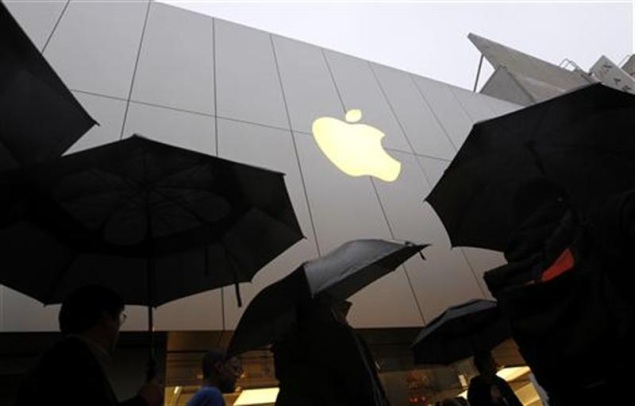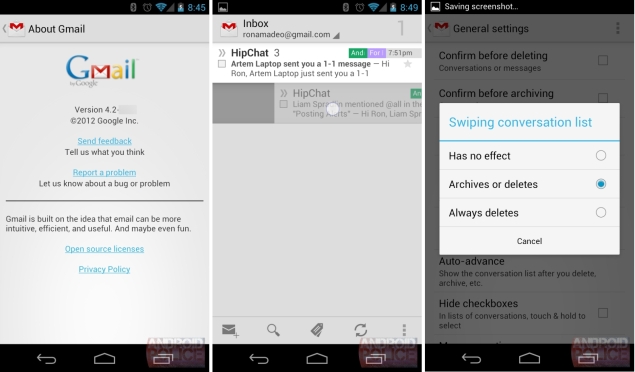Lance Armstrong has made it hard for anyone to trust cycling, says British Cycling boss Dave Brailsford.
The United States Anti-Doping Agency has banned him for life and stripped him of his seven Tour de France titles.
"It is understandable now for people to look at any results in cycling and question that," said Brailsford."It completely and utterly lost its way and I think it lost its moral compass."
Brailsford said he was staggered by the extent of the systemic doping revealed by the United States Anti-Doping Agency (Usada).
"It is shocking, it's jaw dropping and it is very unpleasant," he told BBC Radio 5 live. "It's not very palatable and anybody who says it is would be lying wouldn't they?"
He also criticised Armstrong.
"I think there are plenty of people out there who saw this guy and what he did as an amazing achievement," said Brailsford.
"He is one of the first cyclists that maybe transcended the sport and became a hero beyond cycling.
"It was an amazing thing and people got behind that. So to now find out what was behind [it] is, of course, disappointing."
Brailsford insisted cycling is trying to right the wrongs of the past and said his own outfit, Team Sky, was leading the fightback.
"Everybody has recalibrated and several teams like ourselves are hell-bent on doing it the right way and doing it clean," said Brailsford.
But one of the 11 of Armstrong's former team-mates who testified against him was Michael Barry, who admitted to doping while a member of Armstrong's US Postal Service Pro Cycling (USPS) team between 2002 and 2006, and who rode under Brailsford for Team Sky from 2010.
In a statement issued on Wednesday, the Canadian insisted he had not doped again from the summer of 2006.
"We signed Michael from HTC which was, at the time, highly regarded as being a very sound, clean team," said Brailsford.
"During his time at Team Sky, we have had absolutely no cause for concern whatsoever, there has never been any question in terms of his performances, his training, his behaviour on the team. There have never been any issues in that respect. But ultimately he lied.
"We set out with a zero tolerance policy, so we said that anyone who has had a doping conviction from the past or proved to have been involved in doping hasn't got a place on Team Sky. That is our policy.
"When you take someone you ask them a question and if someone lies to you and you find out later it's disappointing."
In his statement, Barry said: "I apologise to those I deceived. I will accept my suspension and any other consequences. I will work hard to regain people's trust."
According to Usada chief executive Travis T Tygart, there is "conclusive and undeniable proof" of a team-run doping conspiracy at USPS.
Armstrong has always denied doping but chose not to fight the doping charges filed against him.
Usada claimed the Texan supplied banned drugs to other riders on his team, pressured them into participating in the doping programme and threatened to get them removed from the team if they refused.
"You can see how the sport got lost in itself and got more and more extreme because it seemed to be systematic and everybody seemed to be doing it at the time," Brailsford added.
Martin Bruin, a former chief doping inspector at the Tour de France during the time Armstrong was competing, said he had been left "speechless" by Usada's report.
"I've just heard the whole story and the proof is there," he told Radio 5 live. "We are only human beings, we did our best to test and bring samples to labs according to rules, but I'm speechless about the systematic use, very disappointed.
"It's terrible for sport in general, for riders, I'm really disappointed. You are always running behind the facts.
"You're always trying your very best to clean up the business, to achieve and do what is possible. But what can you do?"
BBC Radio 5 live Sport will have a special programme, "Peddlers: Cycling's Dirty Truth", at 19:00 BST on Monday looking at the whole Lance Armstrong saga, including a full interview with former team-mate Tyler Hamilton.




















